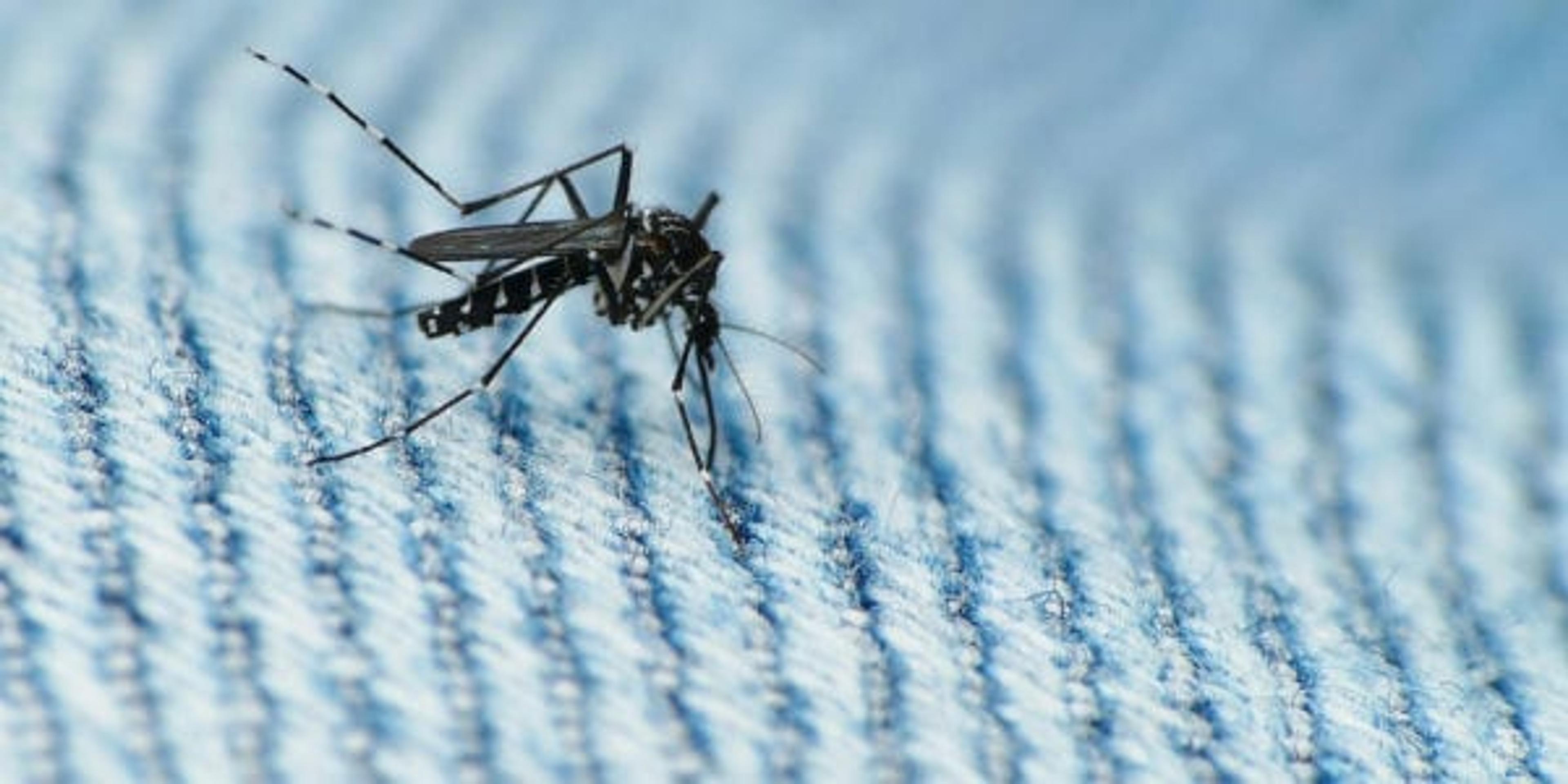Zika in Michigan: Mosquito Infection Unlikely, But Precautions Still Necessary

Julie Bitely
| 3 min read

With spring and summer on the near horizon, mosquitoes won’t be far behind in Michigan. Perhaps you even swatted one away during our unseasonably warm February.
While their bites are unpleasant, experts say the risk for becoming infected with the Zika virus through a mosquito bite in Michigan is unlikely. However, that doesn’t mean you should drop your guard, especially if you’re pregnant or considering becoming pregnant in the near future.
A panel took up the issue at the most recent Health Forum of West Michigan, sponsored by Blue Cross Blue Shield of Michigan. Panelists included Juliet Bedford, research associate at Oxford University and founder and director of Anthrologica; Dr. Andrew Jameson, infectious disease unit at Mercy Health Saint Mary’s; and Michael Kaufman, faculty member in the Department of Entomology at Michigan State University. Kristin Hedges, assistant professor of anthropology at Grand Valley State University, served as moderator for the panel.
The World Health Organization declared a state of emergency last year over the disease, which quickly spread and is linked to a range of complications for babies of infected mothers, known as Zika Congenital Syndrome. News stories from a year ago often focused on babies born with microcephaly, which presents as a smaller than normal head with an underdeveloped brain. Scientists are still researching other manifestations of the infection that might develop later in life for babies born to infected mothers. Jameson said babies born with Zika often have a piercing cry and are inconsolable.
“It’s a devastating thing because it’s so obvious,” he said.
Besides the risk to babies, Zika can also lead to thrombocytopenia, Guillain-Barré Syndrome, acute myelitis and meningoencephalitis in children and adults.
The main transmitter of Zika is the Aedes aegypti mosquito. Another species, Aedes albopictus, can also infect people, but is not as proficient at spreading the disease. Kaufman said Michigan historically hasn’t been warm enough to sustain populations of either type of mosquito, although Aedes albopictus will likely establish permanently at some point in the near future, as they have in Chicago and Cleveland. We may also see sporadic summer populations of Aedes albopictus as documented in northern cities like Minneapolis and Windsor.
Of the approximately 5,000 cases of Zika reported in the United States, only about 250 were the result of mosquito bites experienced within the country. Texas and Florida are the only two states with reported mosquito transmissions. That means most Zika cases in the country are the result of becoming infected while traveling or through sexual contact with an infected person.
“People are the ones who move this around,” Kaufman said.
So, what should you do to manage your risk of contracting Zika? Here are some tips as well as information from the U.S. Centers for Disease Control:
- Prevent mosquito bites in the first place. Use insect repellent, wear long-sleeved shirts and long pants, stay in places with air conditioning or window and door screens and remove standing water around your home. This is particularly important if you’ll be traveling to places with known mosquito carriers of Zika, say over spring break, but is also relevant to protect against mosquito-borne West Nile virus and tick-carried Lyme disease in Michigan when you’re home.
- Take precautions if you’re pregnant. If you have a partner who lives in or has traveled to an area with Zika, either abstain from sex or use condoms to prevent infection. Avoid travel to areas with Zika if at all possible.
If you’ve acquired Zika, the virus can remain active in men for six months after infection, or eight weeks after infection for women. After that, risks go way down, Jameson said.
If you liked this post, you might also enjoy:
Photo credit: coniferconifer





